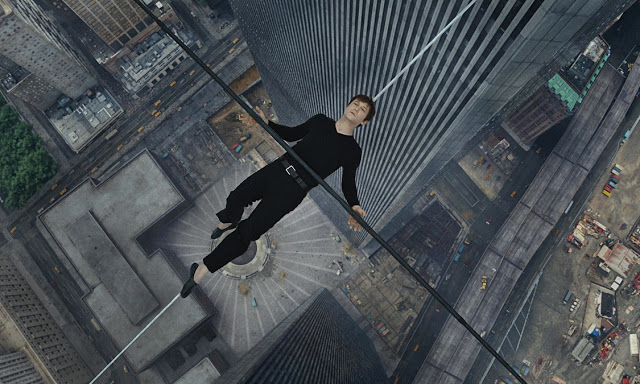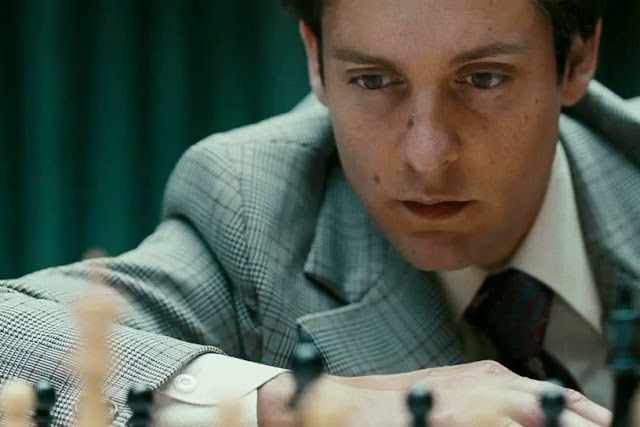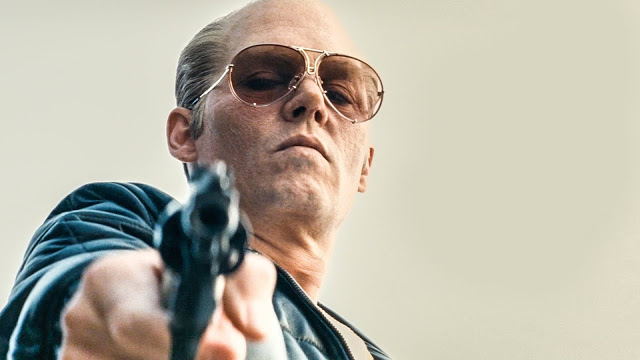The Walk: Race to the Top, But Don’t Look Down
Robert Zemeckis’s The Walk tells the story of Philippe Petit, the French daredevil who one day in August 1974, to the surprise and delight of thousands of unsuspecting New Yorkers, tiptoed back and forth across a wire stretching between the roofs of the Twin Towers of the World Trade Center. Midway through the film, Philippe and two confederates slink into a Manhattan electronics store and ask to purchase an interphone. The proprietor, a sharp fellow named J.P., suggests they buy a walkie-talkie instead, but Philippe refuses, explaining to his comrade in rapid French that cops can listen in on walkie-talkies. This statement raises the eyebrows of J.P., who it turns out speaks French (his initials stand for Jean-Pierre, and he is played very well by the American actor James Badge Dale); he assumes that this motley crew is intent on robbing a bank, and that they’re in dire need of some help.
Strictly speaking, J.P. is wrong—Philippe has no plans to steal anything, except perhaps a few moments of immortality. But in cinematic terms, J.P. is on the mark. The Walk, in its elemental form, is a crime caper. Its story, which it tells with considerable glee and marginal distinction, is that of a gang of lawbreakers who conspire to evade police detection and carry out a seemingly impossible objective. In this way, it is a successor to classic heist pictures like Rififi and Ocean’s Eleven. What distinguishes this one is that, where most capers thrive on the planning of the crime rather than the actual execution, The Walk achieves its power in depicting Philippe’s improbable, death-defying triumph. For the majority of its runtime, it’s a fun, frothy film: nicely acted, convincingly staged, and thoroughly familiar. Then Philippe steps out on that wire, and this modest, unmemorable movie becomes unforgettable. Read More





